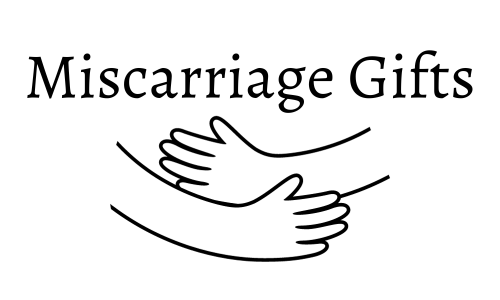Experiencing a miscarriage is a deeply emotional and challenging event, and one of the most difficult aspects for parents can be deciding how to share the news with their living children. Navigating this conversation requires sensitivity, honesty, and an understanding of how children process grief. In this blog post, we'll explore strategies for sharing the news of miscarriage with living children, including what to say, what not to say, when to break the news, how to respond to questions, and coping mechanisms for children.
What to Say:
- Be Honest and Age-Appropriate: Use simple, honest language appropriate for your child's age and developmental level. Avoid euphemisms or confusing terminology.
- Express Love and Support: Reassure your child that they are loved and supported, and that the miscarriage is not their fault.
- Normalize Emotions: Let your child know that it's okay to feel sad, confused, or angry, and that everyone copes with loss differently.
- Share Your Feelings: Model healthy emotional expression by sharing your own feelings about the miscarriage with your child.
What Not to Say:
- Avoid Blame or Guilt: Refrain from blaming yourself or your child for the miscarriage, and avoid placing blame on others.
- Don't Minimize Feelings: Avoid dismissing or minimizing your child's feelings about the miscarriage. Validate their emotions and offer support.
- Don't Provide False Hope: While it's important to offer reassurance, avoid making promises or predictions about the future that may not be realistic.
What to Watch Out For:
- Signs of Distress: Be vigilant for signs of distress or behavioral changes in your child, such as withdrawal, aggression, or difficulty sleeping.
- Misconceptions: Watch out for misconceptions or misunderstandings your child may have about miscarriage, and be prepared to provide accurate information and clarification.
When to Break the News:
- Choose a Quiet, Private Moment: Find a quiet, private moment to talk to your child about the miscarriage, away from distractions or interruptions.
- Timing: Consider your child's age, developmental stage, and temperament when deciding when to share the news. Younger children may need less time to process the information, while older children may require more detailed explanations.
Reactions to Expect:
- Shock and Confusion: Your child may initially feel shocked or confused by the news of the miscarriage.
- Sadness and Grief: Expect your child to experience feelings of sadness and grief as they process the loss of their sibling.
How to Respond to Questions:
- Be Honest: Answer your child's questions honestly and truthfully, using age-appropriate language.
- Encourage Open Communication: Encourage your child to ask questions and express their feelings, and let them know that you are there to listen and support them.
Coping Mechanisms for Children:
- Provide Comfort: Offer comfort and reassurance to your child through physical affection, comforting rituals, and quality time together.
- Encourage Expression: Encourage your child to express their feelings through art, play, writing, or talking with trusted adults.
How Children Grieve:
- Varied Reactions: Children may grieve in different ways depending on their age, personality, and previous experiences with loss.
- Developmental Differences: Younger children may have difficulty understanding the concept of death and may express their grief through play or behavior, while older children may have a better understanding of death but may struggle with more complex emotions.
Sharing the news of miscarriage with living children is a difficult and emotional process, but with honesty, sensitivity, and support, you can help your child navigate their grief and find healing. By providing reassurance, validating their feelings, and encouraging open communication, you can help your child feel loved, supported, and understood during this challenging time. Remember that every child is different, so be patient and compassionate as you support them through their grief journey.

1 comment
All of the points here are so helpful. What to look out for in their behavior, what to expect in their reactions, how to respond, tools to help kids cope, just supporting them overall. I appreciate the reminder to keep things age appropriate and think about how developed they are in terms of their minds.